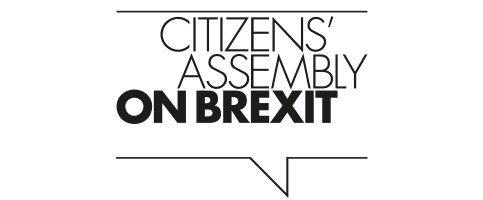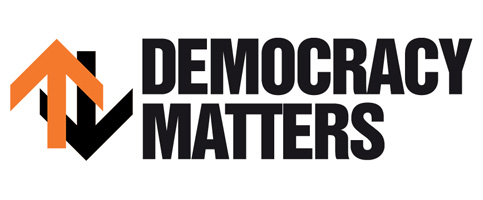-
UK Citizens' Assemblies
Citizens’ Assembly
What are citizens' assemblies?
A Citizens’ Assembly is a representative group of citizens who are selected at random from the population to learn about, deliberate upon, and make recommendations in relation to a particular issue or set of issues. It is still up to elected politicians whether or not to follow the assembly’s recommendations.
The aim is to secure a group of people who are broadly representative of the electorate across characteristics such as their gender, ethnicity, social class and the area where they live. They could also match political divides like position on Brexit or Scottish independence.
What is ‘deliberation’?
‘Deliberation’ is long and careful discussion crafted towards making a decision. Deliberative processes emphasise the importance of reflection and informed discussion in decision-making. This allows people to adopt more nuanced positions on the issues at hand, with a better understanding of the trade-offs inherent in a given decision.
For deliberation to be effective it is important that an appropriate amount of time is provided for people to familiarise themselves with the various aspects of a question. While people ought to be exposed to arguments representing contrary positions, they should also be given the time and resources to discuss and reflect on the issues away from the too-easy sloganising of political campaigning. The outcome of a deliberative process should be one in which people feel more able to make an informed decision on a given issue.
Choose a project to find out more
This website was created to host the work of the 2017 Citizens' Assembly on Brexit and the Democracy Matters project on English devolution. Two projects exploring new ways of improving decision-making by allowing informed and considered public opinion to be heard on major policy questions.


